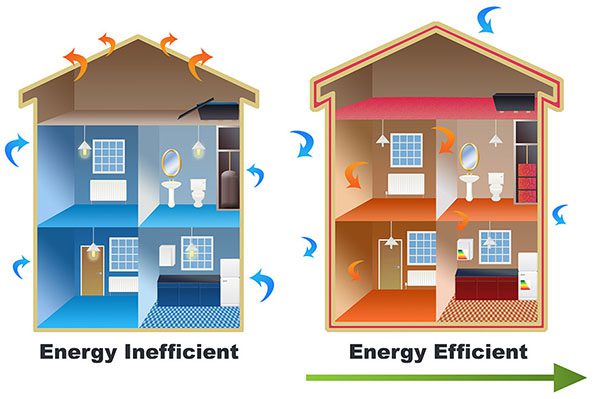The Money Saving Tips That Will Drive a Frugal Lifestyle
Have you ever winced when an energy bill lands on your doorstep?If so, you are not alone, especially as the cost of heating and fuelling a home continues to spiral and stretch the typical household budget.
This is a common concern, and one that is exacerbated by the fact that high levels of energy consumption also increase the number of harmful emissions into the earth’s environment.
Fortunately, there are a number of simple changes and money saving tips that you can implement to create a more cost and energy efficient home.
Insulate your Loft

While the majority of new-build homes will have insulation installed as standard, this may not be the case for older properties. Taking the proactive step to insulate your loft can reap huge dividends over time; however, as installing 270mm insulation to an untouched loft could save up to £140 per year. It is also a relatively cheap task to oversee, meaning that your initial investment will be quickly repaid over the course of one or two years. This work will also reduce the amount of harmful emissions that are released into the atmosphere through the home.
Fill in all Cracks and Small Gaps around the home

As with many challenges, the key to reducing household bills lies in paying attention to seemingly small and insignificant details. An estimated 20% of all heat escapes through small gaps and crevices, for example, especially those that are located around the door and windows. Simply by using polyfilla and fitting draft excluders to all door and window frames, you can minimise energy loss and instantly create a more efficient home. This will reduce costs and reduce the amount spent on an annual basis.
Turn off all devices when not in use

In terms of widespread energy consumption, it is estimated that the UK as a whole currently utilises a staggering of 4,600 kWh of electricity on an annual basis. The British government aims to slash this by as much as 11% by the year 2020, although you can also help by adopting an energy-efficient approach to appliances. More specifically, be sure to switch off all devices when they are ideal and invest in multi-purpose fittings such as combined washing machines and tumble dryers. This will reduce energy usage and all associated costs significantly.



